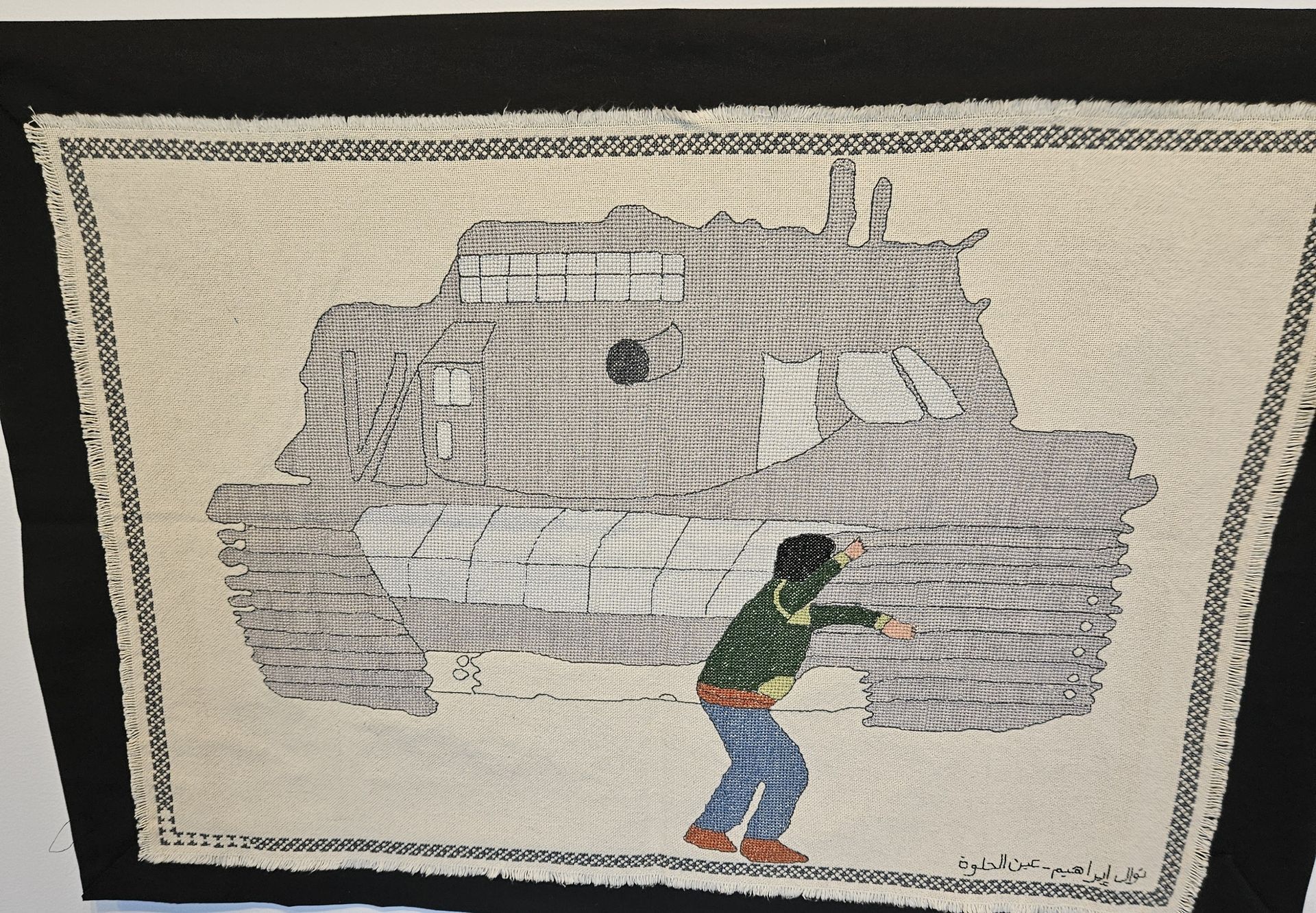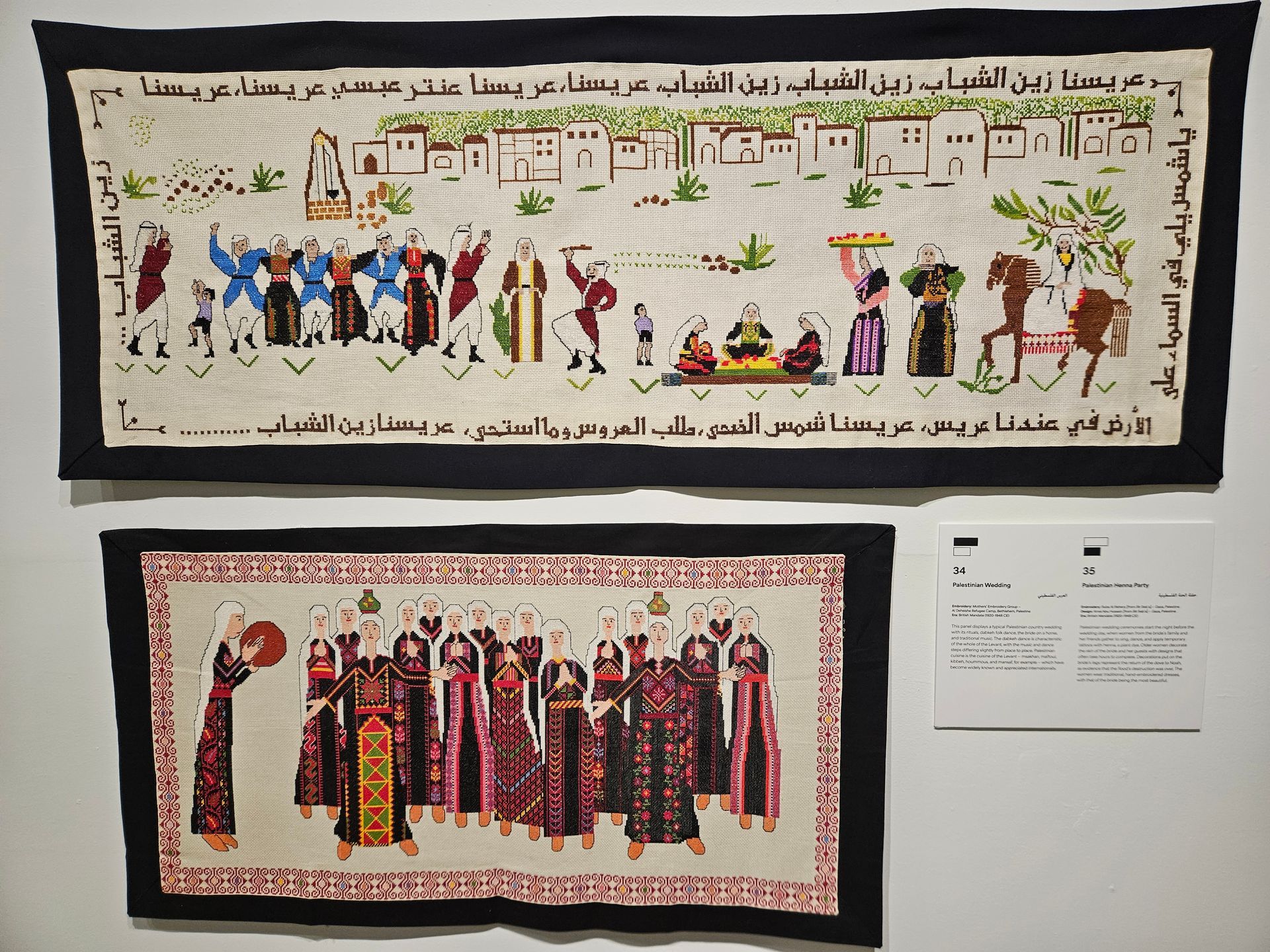
Reading towards "reconciliation"

"Reconciliation" is bigger than we realize. This summer in particular is an opportune time to read about the concept and what is required. Here are four books that could serve as resources.
1. A Mind Spread Out on the Ground by Alicia Elliott. Anchor Canada edition. 2020. 218 pp. ISBN 978 0 385 69240 3.
Wow! I’ve read a lot about the miserable, unjust, entangled, and life-threatening experiences Indigenous Peoples of Turtle Island have suffered at the hands of the colonial migrants arriving to settle since 1490 or so, but instead of a historian’s approach, Alicia Elliott spreads her grasp of this sad tale and its truth out before us with an intimately personal touch.
Poverty born of land dispossession, flimsy and over-crowded housing, diets that breed diabetes and other illnesses, bad water, inadequate health care, racist enforcement and justice systems, and, of course residential schools – the scope in her work is endless and poignantly portrayed. But not as an analytical report. It is personalized in her and her family’s life story with sharp wit and stinging truths well aimed.
The supremacy doctrines and genocidal policies (not unlike those of the Soviets and the Holodomor genocide in 1932-1933 Ukraine) had the aim of subjugating and erasing Indigenous Peoples. “First, remove the means for people to independently look after and support themselves and their community. Next, force them to become dependent upon the very state that wants to destroy them. Withhold basic necessities. Wait.” (p.105) This Indigenous woman wasn’t overcame; now is whistle-blowing.
Elliot understands “the dirt” first-hand having grown up in a Haudenosaunee household with a Tuscarora father and a Euro-background mother. She tells her story in ways that forced me to link my knowing brain to my raging, but compassion-filled heart. Life for Elliott has been an education and she has made the connections and the many conclusions demanding transformation.
Here’s her big call: “True reconciliation with Native peoples requires Canada to stop its paternalistic, discriminatory policies and, most important, stop interfering with our sovereignty over our identities, communities, and lands. These are by no means easy or comfortable actions for Canadians to undertake, but they must be undertaken regardless. Anything else is simply not ‘the real things.’” (p.163)
Once I started reading her succinct prose, I found it hard to put Elliott’s book down. I read it in within two days. It grabbed me and confirmed for me that Canada’s easy talk about “reconciliation” is much more talk than substance, and demands far more commitment than people or governments or churches or corporations are demonstrating. We need to “spread out on the ground” what is holding us all back from walking humbly, seeking justice, and loving kindness that can heal and make whole non-Indigenous and Indigenous peoples alike.
2. The Case for God by Karen Armstrong. Anchor Books edition. 2010. ISBN 978 0 307 38980 0. 400 pp.
I’d renewed Armstrong’s book five times with the Ottawa Public Library website – some books just need more time to read than others! On the sixth try, OPL responded “no!”. I took it both as a nudge to finish reading the volume and to go buy my own copy. So, I did – online at Thriftbooks, paperback for about $5, just over a penny per page. Best buy in the substantial book line I’ve ever made.
It’s not thriller-diller reading as the title confirms. It is simply an amazing trip through earliest human history to the twenty-first century recounting how perceptive humans have grappled with the holy, the sacred, the divine, the transcendent, the ineffable, the holy mystery, the infinite, the Other – with GOD!
Armstrong doesn’t cover all the religious traditions – that would be just too vast a project. Her focus and expertise are primarily on the three Abrahamic/Sarah/Hagar traditions: Judaism, Islam, and Christianity. But extrapolating beyond is unavoidable.
I wish I’d had a copy of the book before I started my academic pursuit of theology in 1963. That’s an unreal wish, of course, because Armstrong’s copyright date is 2009. But it sure would have given me a much better awareness of what I was getting into studying theology and pursuing the limitations of religious thought and practice. It would also have delivered me from the excessive “silo” thinking which has plagued Christianity – as if Christian theological thinking was sui generis – a unique human activity. Armstrong teaches us that it’s been happening a lot longer than 2000 years and the thoughts and ideas about the divine have criss-crossed many-a theological, religious, and philosophical boundary.
Theology – the study of God - is a bit of a misnomer because God is never an “object” for study and trying to describe or define “God” has been humanity’s challenge from the beginning. We’ve been pretty good at saying what “God” is not – the apophatic way of discerning. But trying to define the One God (monotheism) usually results in humans creating a malignant idol. That idol too often demands uniformity, power to suppress “wrong ideas”, moralistic punishing of non-conformity, exclusivity negating the fundamentals of the Divine Way of love. Ideas that are born of hubris – like the "perfection or infallibility of our church” or “the literal inerrancy of scripture” – require repentance and reconciliation with both those scarred by our religious certainties and with the Divine.
Read the Epilogue (pp. 318-332) first. It provides a compact, wise, informed summary of the previous 300-plus pages. Here’s a summary quote to introduce Armstrong's thoughtful and pastoral ways: “From almost the very beginning, men and women have repeatedly engaged in strenuous and committed religious activity. … The point of religion was to live intensely and richly here and now. Truly religious people are ambitious. They want lives overflowing with significance. They have always desired to integrate with their daily lives the moments of rapture and insight that came to them in dream, in their contemplation of nature, and in their intercourse with one another and with the animal world. Instead of being crushed and embittered by the sorrow of life, they sought to retain their peace and serenity in the midst of their pain…..”
This is a book which reveals the unending common desire to be awake human beings relishing the fullness and abundance of our lives – gifts of the Creator
3. Standoff, Why Reconciliation Fails Indigenous People and How to Fix It by Bruce McIvor. Nightwood Editions, Gibsons BC. 2021. 201 pp. ISBN 978 0 889714205.
Bruce McIvor is a Métis lawyer based in Vancouver committed to challenging Canada’s colonial settler legal foundations and consequences derived from the 15th century Vatican’s politically-motivated Doctrine of Discovery and terra nullius dogmas (see Globe & Mail folio p. A12, Saturday, July 23, 2022 - https://www.theglobeandmail.com/canada/article-pope-visit-doctrine-of-discovery/)
While we can readily admit that Pope Francis’ penitential journey to Canada is an action graced with personal empathy and appreciation of the horrors of the racist apartheid system by which Turtle Island’s Indigenous Peoples were diminished and subjugated as less than human, there is a gap many have noticed. Observers – both Indigenous and non-Indigenous – easily recognized that the Roman Catholic Church, as institution represented by the Pope, was not able or willing to confess and repent of its sin in conceiving, perpetuating, and practicing this aberrant system. Instead, Pope Francis is compelled (by which pressures internal to the Church?) to condemn “unfaithful Christians” carrying out evil deeds, but not to admit that inherent in Roman Catholic ecclesiology is an assumption of divinity blocking confession and repentance for its failed human institutional nature. It makes me wonder WWJD – what would Jesus do?
McIvor understands that now it is up to the federal and provincial governments of Canada to do more than apologize, more than legislate UNDRIP, more than consult-inform and seek consent of Indigenous peoples when land and sea “development proposals” – too often simple extraction projects - are being promoted by corporations and governments.
The inherent rights of Indigenous Peoples borne of their relationship with the Creator-given lands and protected by section 35 in the Constitution Act 1982 require more than token and grudging acknowledgements. They require a repudiation of the umbrella Indian Act rooted in those now too familiar and controversial Doctrines and a re-negotiated perpetual relationships based on mutual respect (friendship) and sharing.
None of the governments seems ready to pursue that obvious course of action substantially. So, McIvor and other justice seekers continue their courageous and honourable, but necessarily piecemeal efforts to chip away at the systemic and operational malignancies of the current governance framework of Canada.
“Reconciliation” at this rate will require generations of persistent analysis and challenge. Too bad, really! We could be working positively together at creating something better for us all – true reconciliation.
Visit McIvor’s law firm website: https://www.firstpeopleslaw.com/ and benefit from his various publications, including weekly Reports and regular “Indigenous Rights in One Minute” commentaries. It’s a magisterial way to keep abreast of the legal struggle.
4. The Reconciliation of Peoples, Challenge to the Churches by Gregory Baum & Harold Wells (eds.). WCC Publications, Geneva & Orbis Books, Maryknoll. 1997. 195 pp. ISBN 2 8254 1217 1.
Just finished reading this entire volume focused on reconciliation! I confess that I hadn’t read most of this just under 200-page book earlier. I can’t blame this neglect on not finding it sooner. Two copies of it have graced my bookshelf since 1997. They were gratis copies because I authored one of its articles: viz. chapter 13, entitled “Understanding with New Hearts – A Protestant Church and the Aspirations of Quebec.” (pp. 158-171) It focusses on an effort at rapprochement involving The United Church of Canada and the people of Quebec.
But with “reconciliation” so freely bandied about and given the book’s title, it seemed prudent at this time to read more about the topic. Against the background of the “colossal tragedy of Rwanda and then the raging violence in Bosnia”, the editors decided to remind Christians of their calling to be about the task of reconciliation and peacemaking – for churches, Christian organizations, and Christian individuals, and to raise awareness of the painful truth that Christians have been “a contributing presence in many circumstances of violent conflict…”
Harold Wells, now retired Professor of Theology at Emmanuel College in U of Toronto, leads off by reviewing biblical perspectives on forgiveness and grace. This is followed by thirteen chapters describing Christian reconciliation efforts in various settings - South Africa, Chile, Palestine/Israel, Fiji, Rwanda, Korean, and Germany. Canada is not forgotten: former United Church of Canada Moderator, Stan McKay, and theologian Janet Silman are interviewed about “A First Nations Movement in a Canadian Church” and my article cited above.
Two things stand out for me as I read the various chapters. First, the Christian Church (people and institution) have contributed substantially and in diverse ways to destroying the unity and breaching the peace of God’s one human family. Hubris and fantasies of supremacy and claims of captured truth are at the core, but too often linked to political, economic, and military allies. This type of arrangement is, of course, a clear contradiction of the persistent and irresistible calling of the Spirit of Christ to confess this sin and its injurious consequences to humanity, Creation, and to the holiness of the Divine.
Second, the Christian Church (people and institution) and all faith communities of whatever tradition have a calling, a duty, an inherent “genetic makeup”, and sacred gifts of the ubiquitous Spirit to go beyond confession to actions that contribute to restoring the unity and peace of the Creator’s human family - reconciliation.
As one example, Gregory Baum (d. 2017), Roman Catholic theologian at both Toronto and McGill Universities, reflects on the ability of post-war Germany and Poland to transcend a history of fierce animosities climaxing in the Second World War. A key factor in the “reconciliation” effort was the work of church leaders of both nations to break out of historical silos of self-understanding by cooperating “to try to write a common story, that in the definition of their own self-identity they make room for the self-definition of the other.” (p. 191)
In Canada, the re-writing of our history is no less urgent to achieve reconciliation (see my blog post on this at: https://www.minister.ca/ignorance-is-not-bliss). A more comprehensive and truthful shared history could serve as one of the many innovative stimuli needed for “reconciliation” to have a chance.
Other ideas – both successes and failures – make the volume a useful resource for Canadian churches in their desire and effort to transcend the “walls that divide” Indigenous and non-Indigenous peoples.
Four books
I am grateful for the truth, wisdom, and talent so many authors have shared in these four gifts. I have experienced these gifts as a call of the Spirit to both seek a larger, more comprehensive understanding of the dilemmas and brokenness of contemporary life and to seek more effective, humble, and magnanimous ways of contributing to and calling for a world where justice, peace, and unity are embraced and all Creation has a better likelihood to thrive as the Creator intends.

